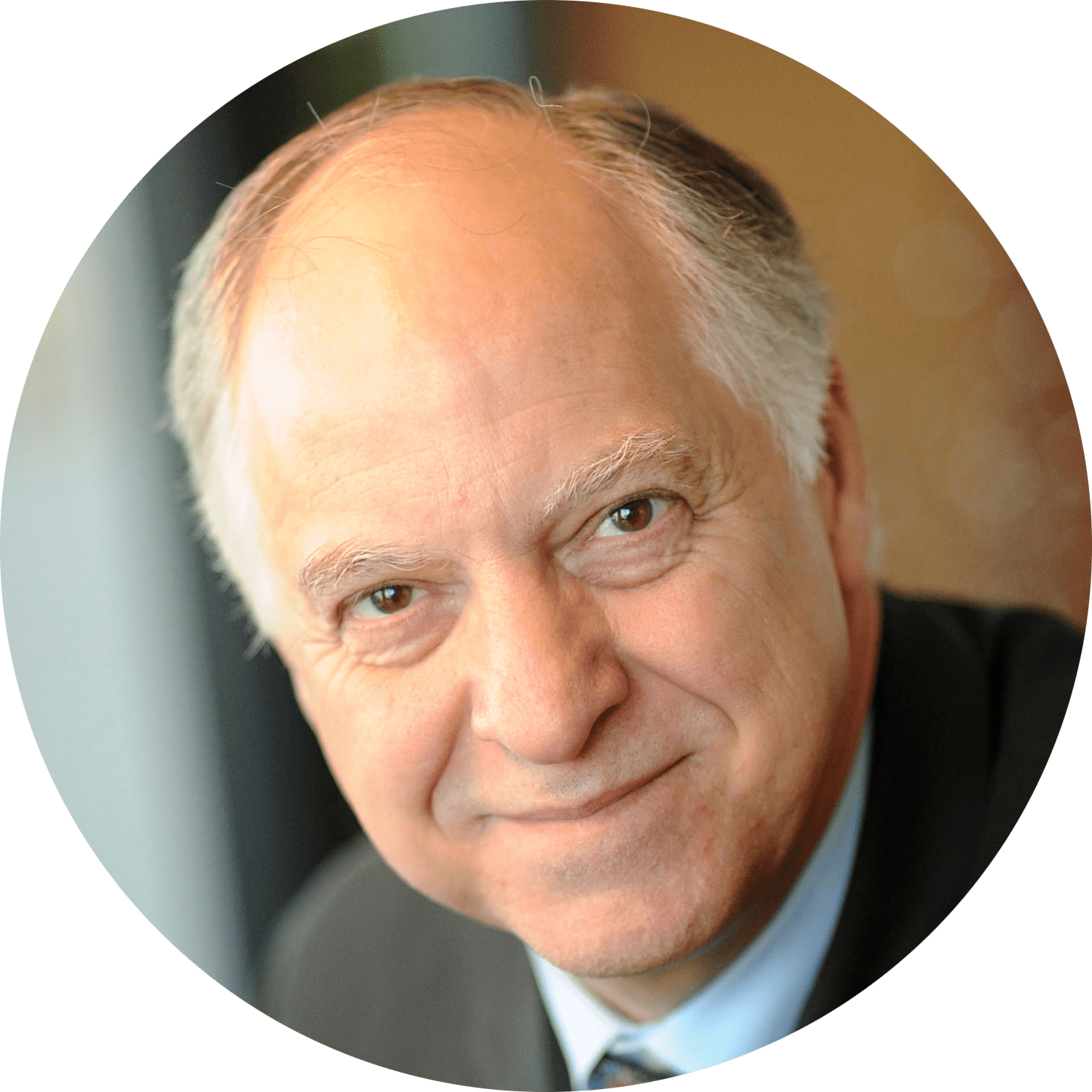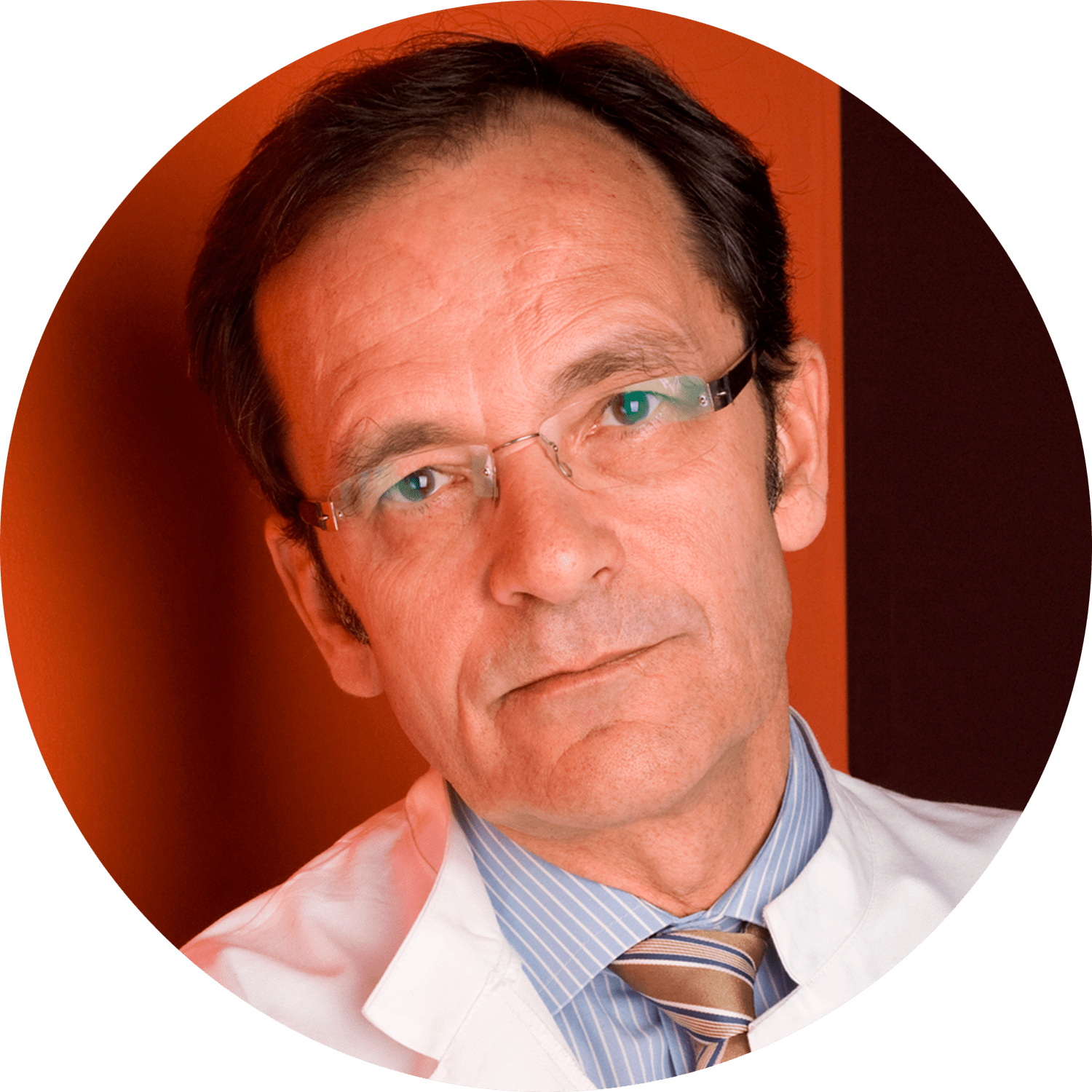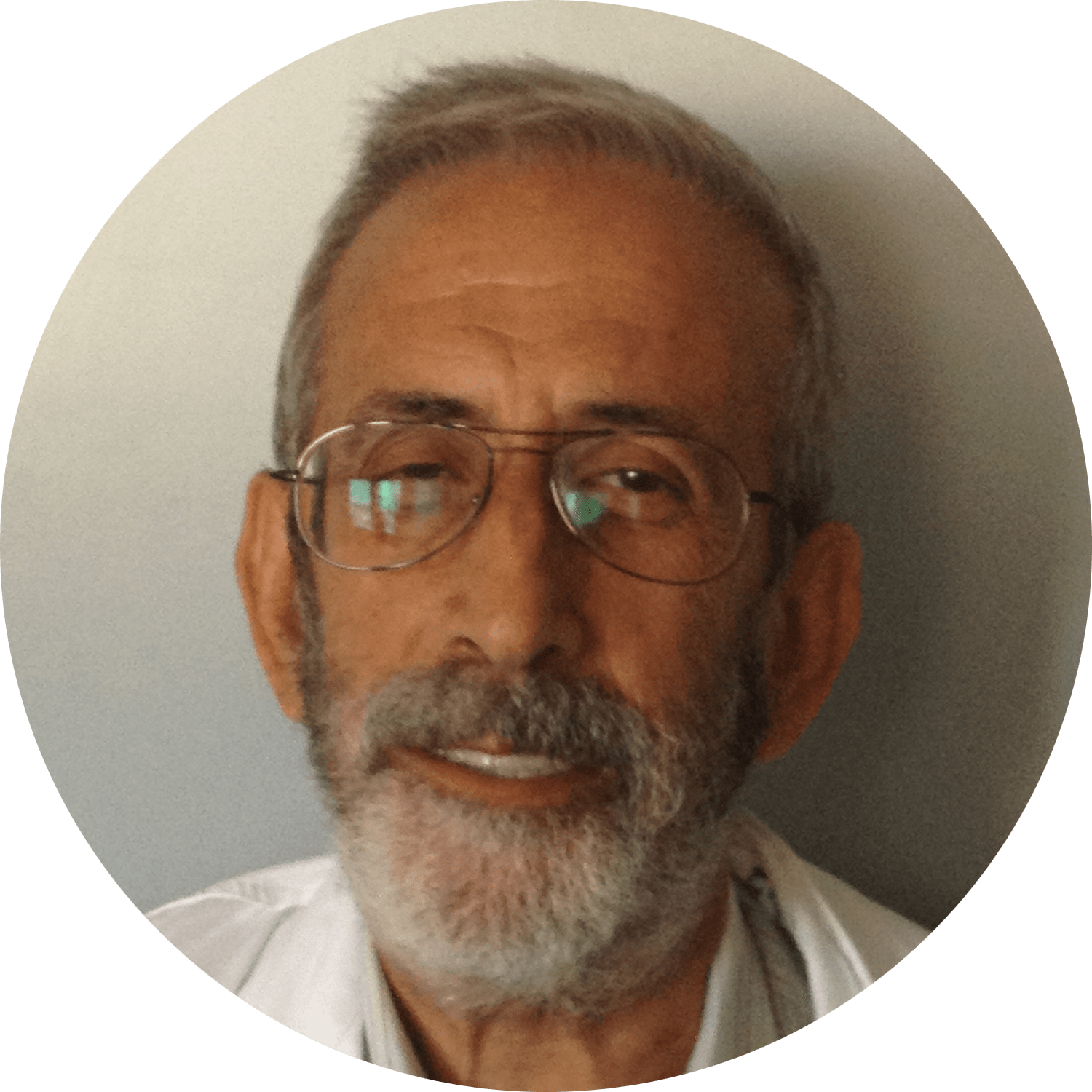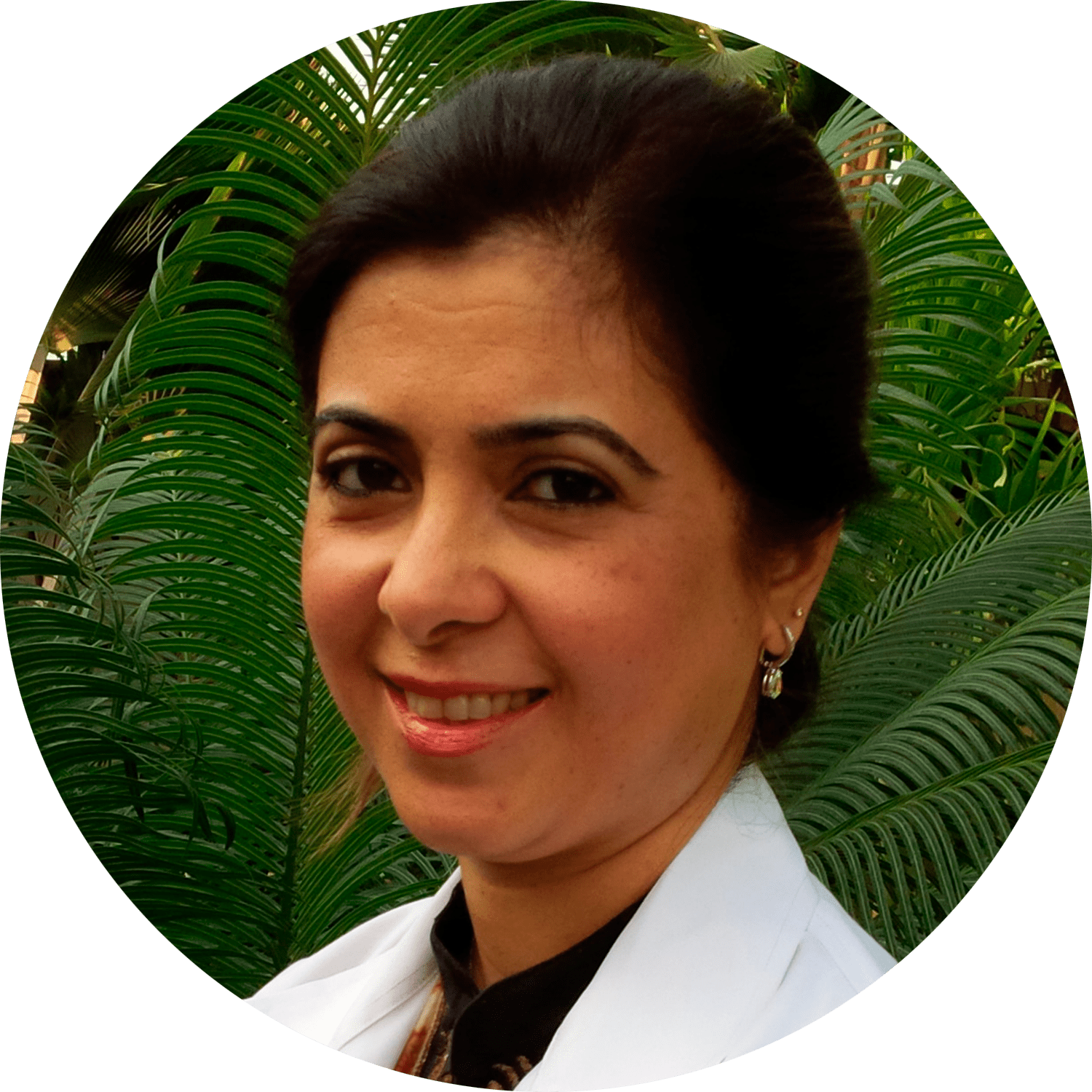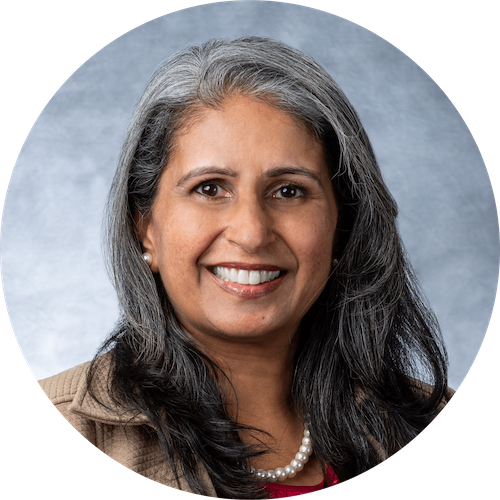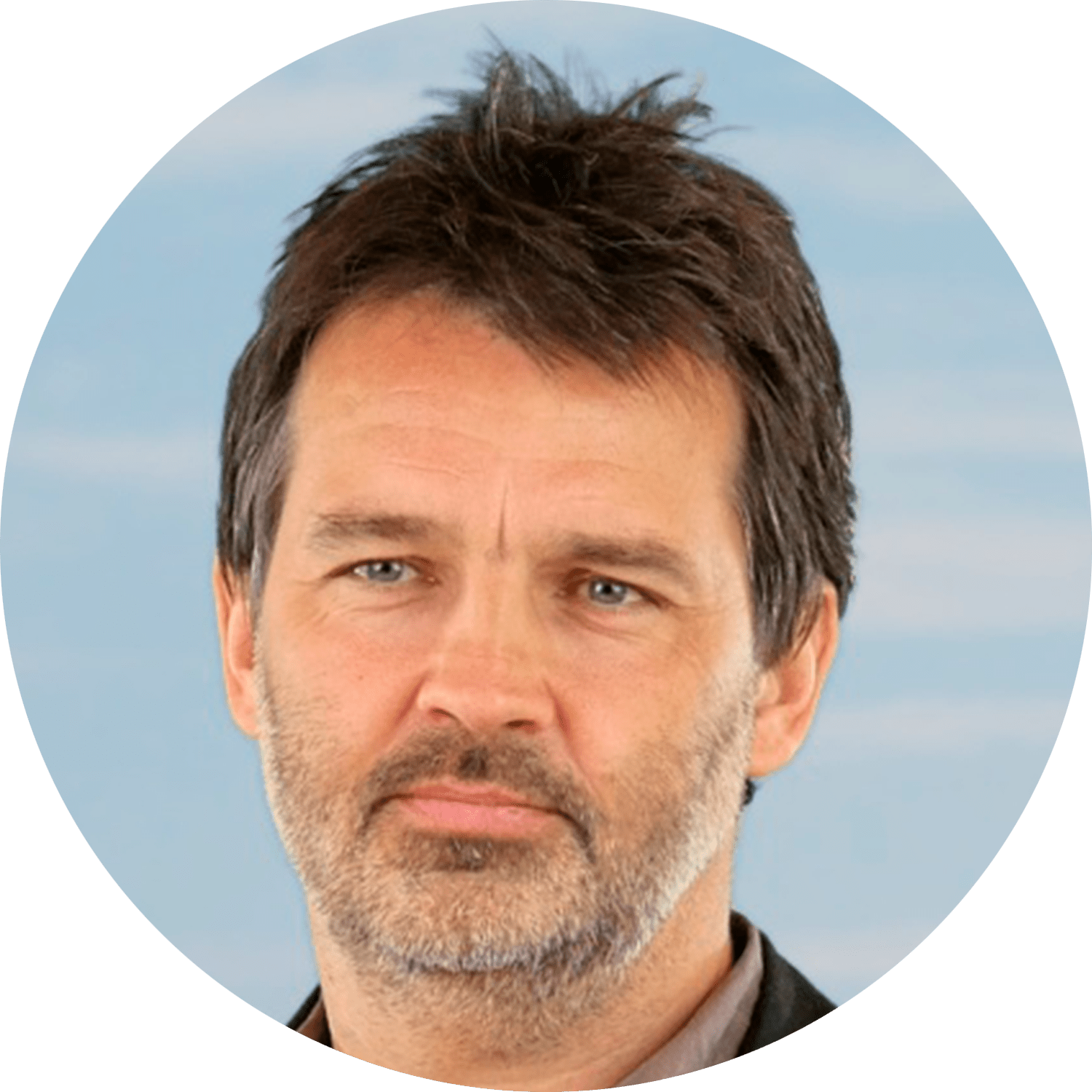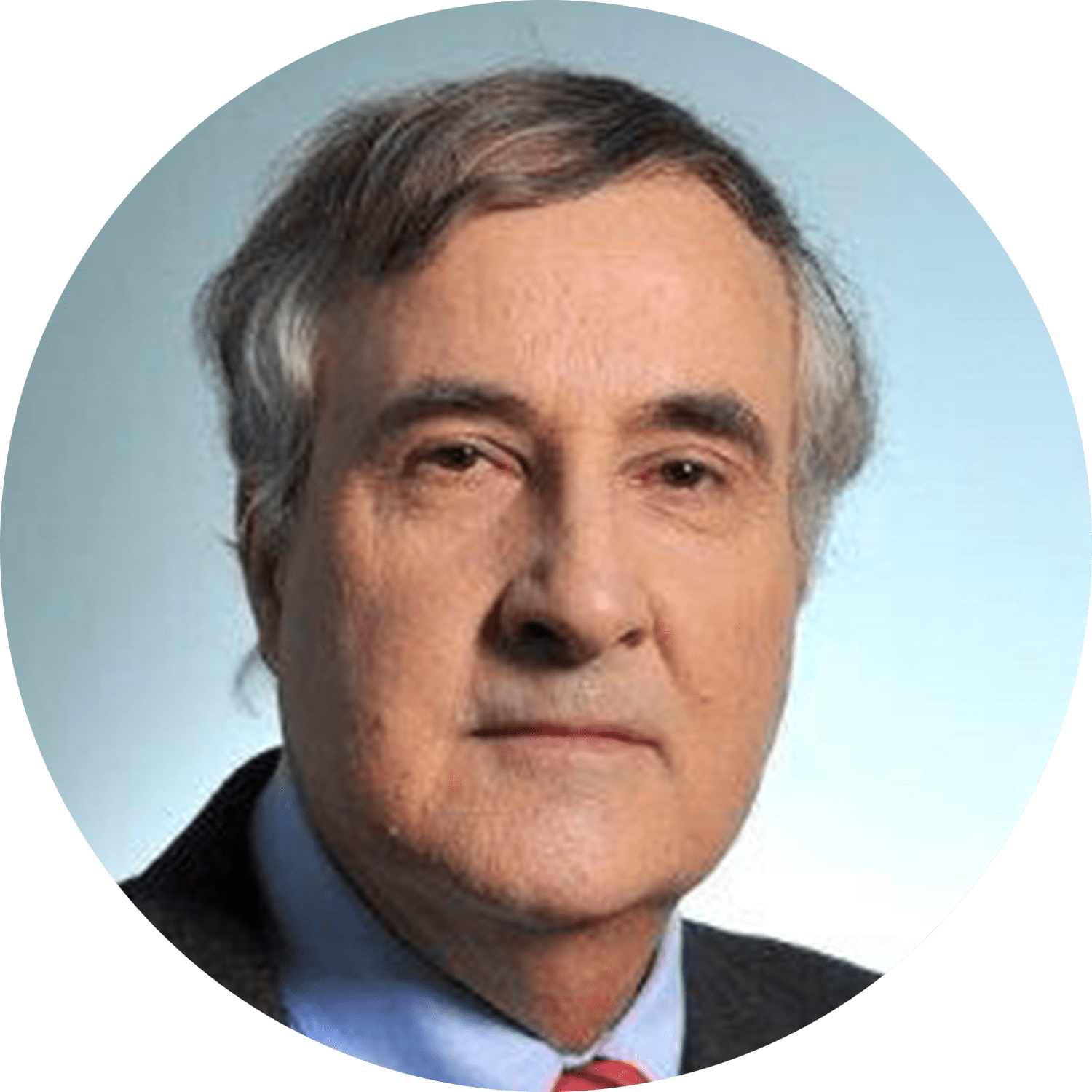Our Experts
Hatem Abdullah Soliman, united Arab Emirates
“Because saving a single life is like saving the whole humanity and because the simplest infections can kill easily if not discovered early and treated promptly. I put all my efforts in the fight against sepsis and strongly support World Sepsis Day.”
Edward Abraham, United States
“Sepsis is a common, life-threatening, and increasingly frequent medical problem that consumes huge amounts of resources. Mortality rates remain high, and the long-term effects, including total disability, severe. We desperately need new diagnostic and therapeutic approaches to sepsis.”
Leanne Aitken, Australia
“Sepsis is extremely common and accounts for many thousands of deaths worldwide each year; many more patients experience long and difficult periods of recovery. Simple preventative measures, as well as early recognition and treatment, can help to reduce the impact of this destructive disease.”
Hussain Al Rahma, United Arab Emirates
“Critical care is where all other specialties send their patients for intensive and high-tech care but sepsis is the main killer of our patients and uses most of our resources. I think we need to unify and work together to expose this killer disease to raise awareness and enable the public to us in this fight.”
Pravin Amin, India
“Sepsis is always a serious, life-threatening condition, with mortality varying from 30-50% in the developed world. I suspect the mortality rates are similar, if not even higher, in developing countries. Ask most people “What is sepsis?” and your answer will be a blank stare. World Sepsis Day will indeed help to increase awareness, which will over the years reduce human toll of this tragic disease.”
Derek Angus, United States
“Severe sepsis is the most serious complication of acute infection, and as such is arguably the world's greatest public health threat. There have been tremendous advances in basic and clinical science and in bedside care. However, the magnitude of the work ahead remains considerable. A greater awareness among clinicians and across society is crucial for future success. To that end, World Sepsis Day is a welcome and wonderful initiative.”
Gordon Bernard, United States
“Given the 30 years that I have spent conducting human investigation in the field of sepsis, I enthusiastically support World Sepsis Day to commemorate how far we have come and to focus on what we have left to do.”
Satish Bhagwanjee, United States
“I believe we can achieve a lot by creating awareness about Sepsis; knowing is the first step to changing behavior.”
Axel Brahkhage, Germany
“I support World Sepsis Day because we have to do everything for improving the treatment of fungal sepsis.”
Frank Brunkhorst, Germany
“Sepsis always starts with an infection. We should do our very best to prevent infection. Sepsis survivors suffer from serious mental and physical long-term sequelae. More research is urgently needed. We do research for your health.”
Jean Carlet, France
“Sepsis is one of the most important public health issues of our time.Antibiotic therapy, which is the most important part of therapy, is more and more problematic due to a sharp increase in antibiotic resistance. Rapid diagnosis and therapy is the key of the success. It is of paramount importance that both the public and the health care professionals know better how to diagnose and treat sepsis. This needs a multi-disciplinary approach. I fully support World Sepsis Day, a very important way to reach those objectives.”
Jean-Marc Cavaillon, France
“After twenty-five years of disillusion to offer novel sepsis treatments, an improved thinking outside of the box is needed. I hope "World Sepsis Day" will contribute to the development of new sepsis therapies and new diagnostic tools thanks to a reinforced crosstalk between physicians, scientists, pharmacists, and veterinarians. Patients don't want new disillusions, they trust us, and we need to demonstrate how we can work better together.”
Edgar Celis Rodriguez, Colombia
"Sepsis mortality is still unacceptably high, reaching 70% in patients with multiple organ failure. Despite previous publications and recommendations such as those issued by the "Surviving Sepsis Campaign", knowledge about how to diagnose and adequately treat sepsis is still deplorably insufficient both on the national level of health care as well as in large international public health organisations. That is why the “World Federation of Critical Care Societies, WFSICCM” endorses a campaign that intends to alert physicians, institutions and different organisations about the increasing burden of sepsis on a national and international scale. Hopefully, this message spreads throughout the medical community and among people especially in the more vulnerable regions."
Jonathan Cohen, United Kingdom
“Reducing the mortality from sepsis remains one of the most significant unmet medical needs of your current age. When I tell medical students that sepsis still kills at least 30% of people who are afflicted by it, even if they are in the most modern intensive care unit and receiving all the best antibiotics, you can tell immediately that they appreciate the significance of learning more, and doing more about this disease. I have spent many years working in the field and I am really so pleased that colleagues around the world are joining together in this way to maintain the momentum of both basic and clinical research in order to try and make things better for patients in the future."
Ron Daniels, United Kingdom
“For the first time, we seek to bring nurses, clinicians and allied health professionals from all disciplines together as a global community to reach out to politicians, policymakers, volunteer organizations, and funding bodies. This gives us real opportunity to reduce the human and economic impact of sepsis on a worldwide scale. I am proud to support World Sepsis Day.”
Raffaele de Gaudio, Italy
“Our knowledge of sepsis pathologic processes in humans is inadequate. Despite intense research, only few new therapies have been developed and the mainstay of treatment remains a non specific advanced life support.”
Jan De Waele, Belgium
“I support World Sepsis Day because apart from commitment, awareness is essential in adequate treatment of sepsis.”
Phil Dellinger, United States
“As a bedside clinician and as someone who has spent the majority of his academic career devoted to education and research in sepsis, I recognize how devastating a disease sepsis can be. Unlike cancer and heart disease, sepsis remains underemphasized in the minds of the public and governmental agencies. World Sepsis Day will start a journey toward rectifying this problem.”
Janet Diaz, United States
“Sepsis matters because people are dying unnecessarily from treatable infections. Yet, we know that early appropriate treatment can save lives. WSD is a powerful opportunity to bring together the public, front-line clinicians, professional societies, hospitals, health care systems, academic institutions, public health organizations and health ministries to deliver one powerful message--sepsis matters and we can and will do better!”
Bin Du, China
“Although sepsis represents a major threat to our patients, evidence suggests a significant gap between knowledge and practice among our clinicians. The Chinese Society of Critical Care Medicine is proud to be an active partner of World Sepsis Day, the objective of which is to narrow this gap by encouraging dedicated efforts from multiple relevant disciplines all over the world.”
Martin Duenser, Austria
“Sepsis is a global burden, therefore global approaches are needed!”
Wesley Ely, United States
"For the past 20 years, we have been studying the effect of sepsis on long-term cognitive impairment (aka – acquired-dementia following sepsis) that is profound and life-altering for millions of survivors every year around the world. Unfortunately, too many patients go home without having been told anything about this,only to live in their own private nightmare as they sort through their new-found inability to return to work or interact socially like they had prior to sepsis. Let’s use this movement to educate the lay public and the medical world as we all come together to serve those suffering from sepsis and its long-term complications."
Eugen Faist, Germany
“For me personally and quite certainly for all of us in the medical profession who have dedicated substantial time and efforts over the years to more precisely understand the mechanisms of sepsis, respectively develop more sensitive monitoring for a rapid detection of the syndrome, it represents a most noble mission to join in and support the targets of the World Sepsis Declaration and World Sepsis Day. Yes, our synchronized efforts will enable us to start controlling and finally defeating sepsis.”
Simon Finfer, australia
“Sepsis remains a lethal disease that does not respect the age, sex, health, or economic status of its victims. I have seen fit, healthy young men die of sepsis in a matter of hours. The burden of sepsis is truly horrifying, but the future is not without hope. By raising awareness and focusing our efforts, WSD can lead to a dramatic reduction in the burden of sepsis. That is why I wholeheartedly support World Sepsis Day.”
Petra Gastmeier, Germany
“My focus is prevention of sepsis. The collaborative effort amongst physicians, nurses and other hospital staff has meanwhile shown tangible improvements in many institutions, among them many hospitals participating in our national Nosocomial infection surveillance system (KISS). Well organized quality programs can reduce catheter associated infection rates substantially and achieve significant cost savings.”
Luciano Gattinoni, Italy
“Sepsis is lethal, if unrecognized. The more we know about sepsis, the clearer it becomes that early cure is essential. Early recognition and treatment means dramatic improvement of survival. Therefore, I welcome World Sepsis Day.”
Herwig Gerlach, Germany
On the one hand, basic research activities on pathomechanisms of infection, inflammation, and host response made considerable progress within the last 20-25 years, and are still rapidly increasing. On the other hand, innovative and effective improvements in treating thousands of patients with severe sepsis and septic shock are rather limited, and many creative approaches failed in clinical practice. This is at least partially based on the fact that financial ressources to perform large clinical trials are poor. Even more reason to support the World Sepsis Day as an opportunity to contact multiple partners within our health system, as well as to demonstrate to urgent need for more public awareness."
Evangelos Giamarellos-Bourboulis, Greece
“I can never forget the first patient I met as a young resident, the one who drove me to join the fight against sepsis. He was a young man of 46 years dying in my hands of a urinary tract infection, even though he was administered antibiotics active against the isolated bacteria. I always remember the sense of bitterness of that drama. Every day, many patients die of sepsis for no good reason, and we still cannot help them. The solution: join forces with us and help us fight this battle.”
Charles Gomersall, Hong kong
“Sepsis is a major killer in both the developing and developed world yet application of relatively simple measures could substantially reduce this mortality.”
Antonino Gullo, Italy
“Sepsis, severe sepsis and septic shock represent a dynamic life threatening process. Several millions of patients die each year in the world as consequence of delay on appropriate diagnosis and time course management. The cost of this illness is exorbitant during on an era of limited resources. Translational research, preventive measures, diagnosis and multi-professional management of sepsis and organ dysfunction are the pillar to improve quality of care and patients survival.”
Madiha Hashmi, pakistan
“Critical care resources in low-middle income countries are scarce and managing multiple organ failure is daunting. I support WSD because if sepsis is diagnosed early and appropriately managed by the healthcare physicians in the community the burden on hospitals and intensive care resources to treat the complications of sepsis will be reduced.”
Walter Hasibeder, austria
“Severe sepsis and in particular septic shock are still killing too much people worldwide! A major problem is that neither the common incidence nor the necessity of rapid and aggressive treatment are adequately recognised by the general public but also by a majority of health care workers.”
Edgar Jimenez, United States
“Sepsis respects no gender, no age, and no ethnicity. It can afflict anybody. It is the number one killer in intensive care units around the world, and only a well-coordinated global effort can overcome such a formidable foe.”
Halima Salisu Kabara, Nigeria
“Too many lives have been lost to sepsis without even being able to identify the main focus early enough. We need to change our practice. As an intensivist, I want to implement the best possible care for septic patients and hope to initiate a hospital-wide team. I support WSD because I believe in the goal of sepsis survival and I want to save more lives!”
Niranjan 'Tex' Kissoon, canada
“Severe infections leading to sepsis account for about 70% of infant and childhood deaths worldwide. I support World Sepsis Day as a step to elevate public awareness, influence policy and generate action to fight this widespread scourge. Our future depends on the welfare of our children.”
Younsuck Koh, korea
“As intensive/critical care physicians, we often try to save patients from severe sepsis in our ICUs. I agree with the aims of the GSA: to increase public awareness of the threat of sepsis to health, while also mobilizing the stakeholders to the battlefields of sepsis. Let's join the GSA activities and World Sepsis Day to realign our achievable goals toward further enhancing sepsis outcome.”
Martin Krönke, germany
“In the fight against invisible and silent bacteria, parasites and viruses, our intelligence and immune system are the most powerful weapons.”
Andrzej Kübler, Poland
“I support World Sepsis Day as a crucial step to increase global awareness about sepsis. Early recognition and effective treatment are necessary to decrease high mortality from this common medical syndrome.”
Anand Kumar, canada
“Sepsis is important. It accounts for the majority of deaths that occur in ICUs. But few people know about it. We need to call attention to this condition and to give our full support to research dedicated to improving outcomes.”
MiTchell Levy, united states
“Sepsis is a common disease. The global impact of sepsis is enormous, both in terms of lives lost and high cost. Sepsis affects the young and the old, and one of the ongoing challenges is early recognition of sepsis. It is most important at this time to draw attention to this common disease in order to increase awareness and attract funding for research so that we can continue in our fight to reduce the number of people who die each year from sepsis.”
Flavia Machado, brazil
“Increase awareness is the keystone in the fight against sepsis. Without a better understanding of this worldwide devastating health problem among healthcare providers, lay people and politicians, all other important steps as early recognition, adequate treatment, new research horizons and prevention strategies are unachievable.”
Imrana Malik, united states
“The mission of the Sepsis Collaborative at MD Anderson Cancer Center is to decrease mortality from sepsis through early recognition and prompt initiation of therapy in our highly susceptible and often immunosuppressed patient population. This mission strongly aligns with GSA's Vision 2020 goals, and our Collaborative proudly supports this vision and World Sepsis Day.”
John Marshall, canada
“To solve a problem one must first recognize it. Sepsis has been a largely invisible disease. Those of us who care for critically ill septic patients are constantly frustrated that death from sepsis is described in other terms – “complications of cancer or surgery”, "malaria", or even “after a brief illness”. Sepsis is the pathway to death for four of the top ten causes of death on our planet; until we recognize this, we cannot change it.”
Jean-Paul Mira, France
“I support World Sepsis Day because sepsis is the main cause of death on the intensive care unit, and many of these deaths could be prevented if sepsis were recognized earlier before multiple organ failure sets in and makes intensive care obligatory.”
Majid Mokhtari, Iran
“Despite the overall improvement in its diagnosis and management, sepsis remains one of the main medical challenges of our time. It still carries unacceptably high morbidity and mortality worldwide. World Sepsis Day provides an excellent opportunity to heighten the awareness to this deadly disease among general public, healthcare providers and politicians at a global level.”
Zsolt Molnár, hungary
“Severe sepsis is a life threatening condition, which can only be treated in intensive care units by devoted, well-trained intensive care specialists. To bring the standards of training and care in Eastern Europe up to Western European levels is of utmost importance. By supporting World Sepsis Day we demonstrate that we do want to join forces with our Western European colleagues and friends in order to help them in their crusade, and to show our people that we also want the same level of care for our patients and the same quality of training for our junior doctors in Eastern Europe.”
Beat Müller, Switzerland
“To think of sepsis for one day is a good start but not enough, because every day, every minute, every second patients are dying from this modern plague.”
James O'Brien, United States
“Sepsis represents perhaps the greatest challenge to effective delivery of healthcare and certainly provides the greatest hope. For a disease to be so common and so deadly and, yet, so unknown, creates a crisis that exceeds the need for new therapeutics and diagnostics. To reduce deaths from sepsis, we must better organize the delivery of care to those in need, regardless of location. In the developing world, this includes better access to clear water and nutrition – in addition to healthcare facilities and providers.”
Michael O'Leary, australia
“Sepsis is a major healthcare challenge: in Australia alone, over 6,000 patients die of sepsis in intensive care units each year. Trying to cure sepsis is a major part of my work as an intensive care specialist. This problem is even greater in the developing world, with thousands of deaths occurring every day. But many of these deaths could be prevented if more people were aware of sepsis and had better access to appropriate medical care.”
Steven OpAL, United States
“Sepsis-induced organ failure and the adverse consequences of septic shock remain the major therapeutic challenges in the care of critically ill patients worldwide. Expert supportive care and early intervention with antibiotics and surgery, if needed, remain the mainstay of sepsis treatment. But we must do better. Mortality rates in septic shock remain high, and survivors often suffer long-term health consequences such as cognitive decline, increased risk of infection, and reduced functional capacity.”
Anders Perner, denmark
“We have to combine our efforts to tackle sepsis to the benefit of patients, relatives and societies world-wide.”
Georg Peters, Germany
“Sepsis is a global problem, in developed parts of the world. This infectious disease is, however, still widely neglected by physicians, researchers, and the public. This has to be substantially changed!”
Mathias Pletz, germany
“Initially inappropriate antibiotic treatment increases the case fatality rate in patients with severe sepsis and septic shock. Currently, there is an increasing and frightening gap between the worldwide increase in multi-resistant pathogens and novel antibiotics. We urgently need both, strategies to slow down the spread of resistance (i.e. antibiotic stewardship and infection control programs) and large research programs to accelerate the development of novel antimicrobial compounds. Otherwise the death toll of sepsis will rise again – despite the advances of modern intensive care medicine.”
Jérome Pugin, Switzerland
“I support World Sepsis Day on September 13 because sepsis represents a heavy burden to the community. It is associated with a high mortality rate, but also with significant sequels in survivors. We have just started to realize that sepsis was associated with both physical and cognitive functions in patients surviving this condition, impacting on their quality of life. Prevention of this deadly disease and development of more efficacious therapies must be a healthcare priority.”
Adrienne Randolph, united states
“Sepsis is the leading cause of death in infants and children worldwide. Early detection and rapid treatment are essential for saving these young lives.”
Carley Riley, united states
“Sepsis is a global health emergency necessitating awareness and action, and pediatric sepsis is an unquestionably important target for anyone who seeks to reduce pediatric morbidity and mortality worldwide. As a pediatric intensivist, an advocate, and a mother, I am invested in improving child health worldwide. I wholeheartedly support the World Sepsis Declaration as an invaluable opportunity to engage the medical community, general public, and political powers in the steps required to decrease the unacceptably high mortality and morbidity from sepsis worldwide.”
Kevin Rooney, scotland
“As an intensive care physician, I see life and I see death that is why I am passionate about treating Sepsis reliably. Sepsis is an intolerable and indiscriminate killer of people of any age, background and social status. Prompt recognition, assessment and timely treatment are the key to beating this ruthless disease. Improvement science, by making our care processes more reliable.”
Philippe Sansonetti, france
“As a clinician and researcher in the pathogenesis of infectious diseases, I have always been struck by the extreme complexity of the systemic organe failure that characterizes severe sepsis and septic shock. Yet, I have always been convinced that the solution resides somewhere, in possibly unexpected molecular and cellular processes, that only ambitious and innovative basic research will reveal.”
Gabriele Sganga, Italy
“Sepsis is the only disease in which our efforts will never lead us to a definitive resolution or a global eradication, but only to a new balance between humans and microorganisms. Diagnostic improvement, source control, empiric therapies and all the up to date and sophisticated researches will always be necessary in this never-ending battle.
Thus, welcome to this, and to any next, World Sepsis Day!”
Khalid Shukri, saudi arabia
“Sepsis is a killer and considered a medical emergency. It is the leading cause of death. It kills every 3 to 4 seconds in the world despite advances in modern medicine but can be treated if diagnosed early. People throughout the world must become aware of this lethal condition. With our full support to the World Sepsis Declaration it is our responsibility as humans, physicians, advocates, parents and community members to spread awareness by education.”
Eliezer silva, brazil
“Brazil has one of the higher mortality rates around the world. The Global Sepsis Alliance will organize World Sepsis Day on September 13 every year in order to increase the awareness about this challenging threat. I personally support WSD because it will call attention of major Brazilian stakeholders from public health system, as well as from the main hospitals and universities. Hence, this global and national action could help us to decrease sepsis prevalence and mortality.”
Mervyn Singer, United kingdom
“Sepsis has been a scourge of the human race for thousands of years. An ageing population and increasingly complex medical and surgical practices magnifies the risk of developing sepsis, one of the few major medical conditions whose incidence and resulting mortality continues to rise. The need for early identification and better treatment is ever more relevant.”
Charles Sprung, israel
“Sepsis is a devastating illness that kills people every day around the world. It causes great pain and suffering for patients and their families. Physicians MUST unite and provide worldwide action to end this scourge. We MUST become more proactive in implementing the World Sepsis Declaration. We MUST recognize sepsis earlier, increase survival rates of sepsis patients through better prevention and treatment, implement international sepsis guidelines, and educate professionals, policymakers, and the public about sepsis to increase awareness of this catastrophic silent killer.”
Murat Sungur, turkey
“I support WSD because even today, no hospital in Turkey has a program for sepsis awareness program, early sepsis diagnosis, or treatment protocols. I want to help to lower sepsis mortality rates by establishing sepsis public awareness programs and sepsis treatment protocols in Turkish hospitals.”
Jukka Takala, switzerland
“Sepsis is one of the major challenges in the care of acutely ill patients. It requires increased awareness of the general public and everybody involved in the whole health care process. Delays in any step from home to intensive care may worsen the chances of survival. The Department of Intensive Care Medicine, University Hospital of Bern (Inselspital) therefore supports World Sepsis Day efforts to increase the awareness of sepsis and to improve the chances of septic patients to survive.”
Kevin Tracey, united states
“It was the loss of a single courageous infant to sepsis that caused me to dedicate my professional life to understanding and eradicating sepsis and other immune disorders. The Feinstein Institute for Medical Research is privileged to have supported the creation of the GSA, and to have hosted its first congress at the Merinoff Symposium 2010: Sepsis. As has been the case elsewhere in the world, the call to action issued there to recognize sepsis as an emergency.”
Andreas Valentin, austria
“Awareness and perception of a problem is the first step to improvement. The accurate and timely diagnosis and proper treatment of sepsis is still a challenge for health care organisations. Improvement of the underlying process results in better outcomes from sepsis. It is therefore of uppermost importance to enforce recognition of related quality issues. World Sepsis Day is an excellent initiative in promoting the need for a joint effort to improve prevention and treatment of sepsis in order to save millions of lives around the globe.”
Jos van der meer, the netherlands
“Sepsis is associated with unacceptable mortality and suffering. Hence it is urgent that biomedical sciences take up the challenge to come up with solutions to this formidable problem.”
Tom van der poll, the netherlands
“I support the initiative declaring 13 September World Sepsis Day. Sepsis takes many lives both in the western world and resource-poor countries, and it affects children and adults alike. I sincerely believe that World Sepsis Day will increase awareness of this devastating syndrome.”
Jean-louis vincent, belgium
“As an intensivist, I see the impact of sepsis on patients' lives on a daily basis. Sepsis is one of the leading killers in our ICUs and, worryingly, the number of cases of sepsis is increasing around the globe. Rapid diagnosis and early appropriate antibiotic treatment and resuscitation can already make a big difference to outcomes, but we urgently need new effective treatments for sepsis. I support World Sepsis Day as an important initiative to spread the word. Let’s make sure everyone knows what sepsis is.”
Karl Werdan, germany
“I support World Sepsis Day because I want to help increase the chances of survival for sepsis patients.”







